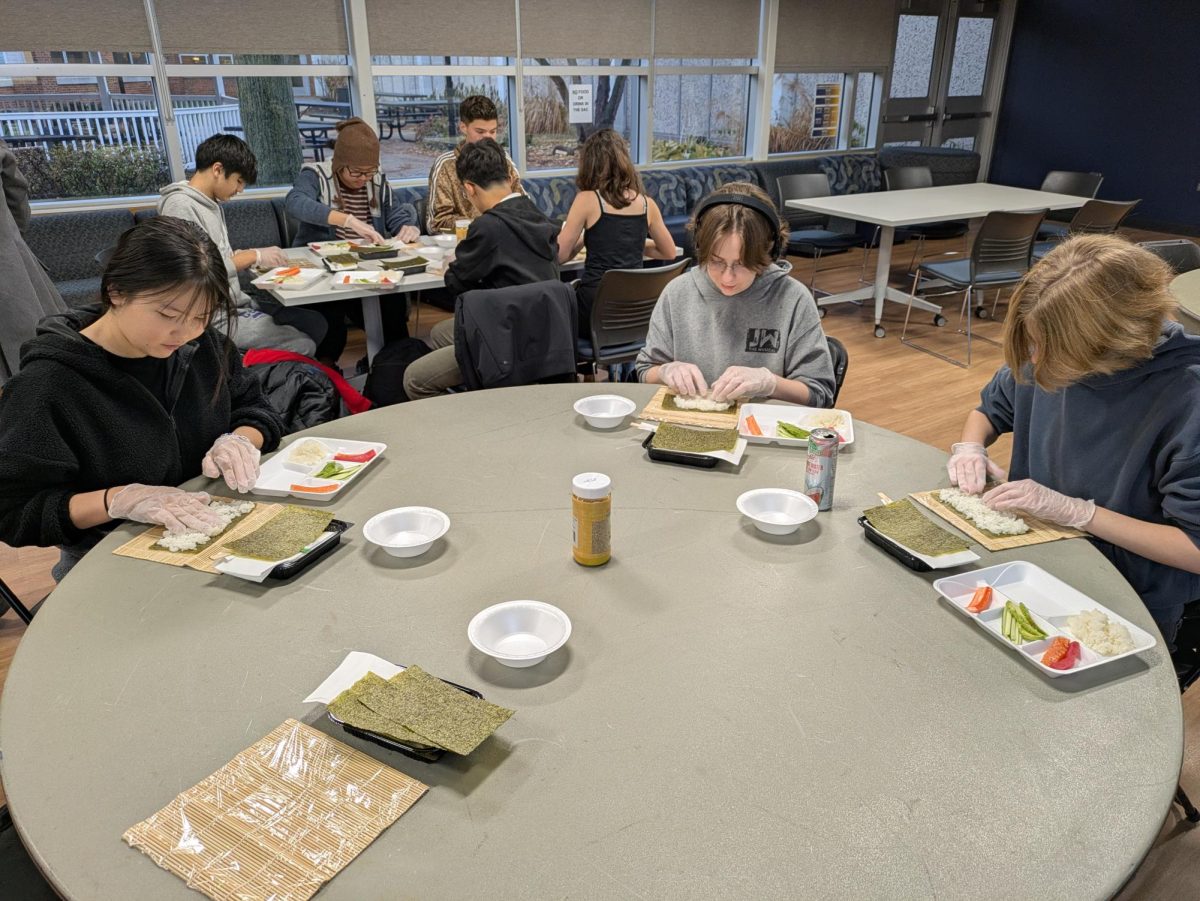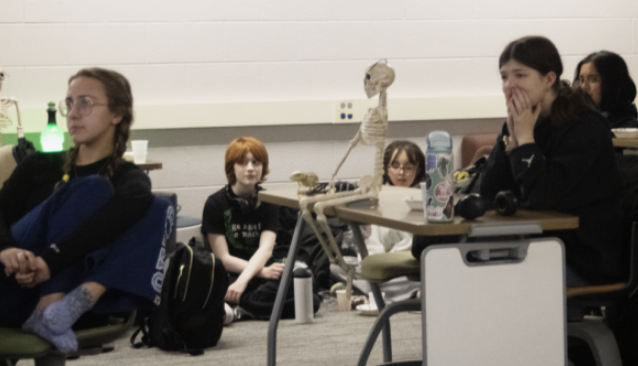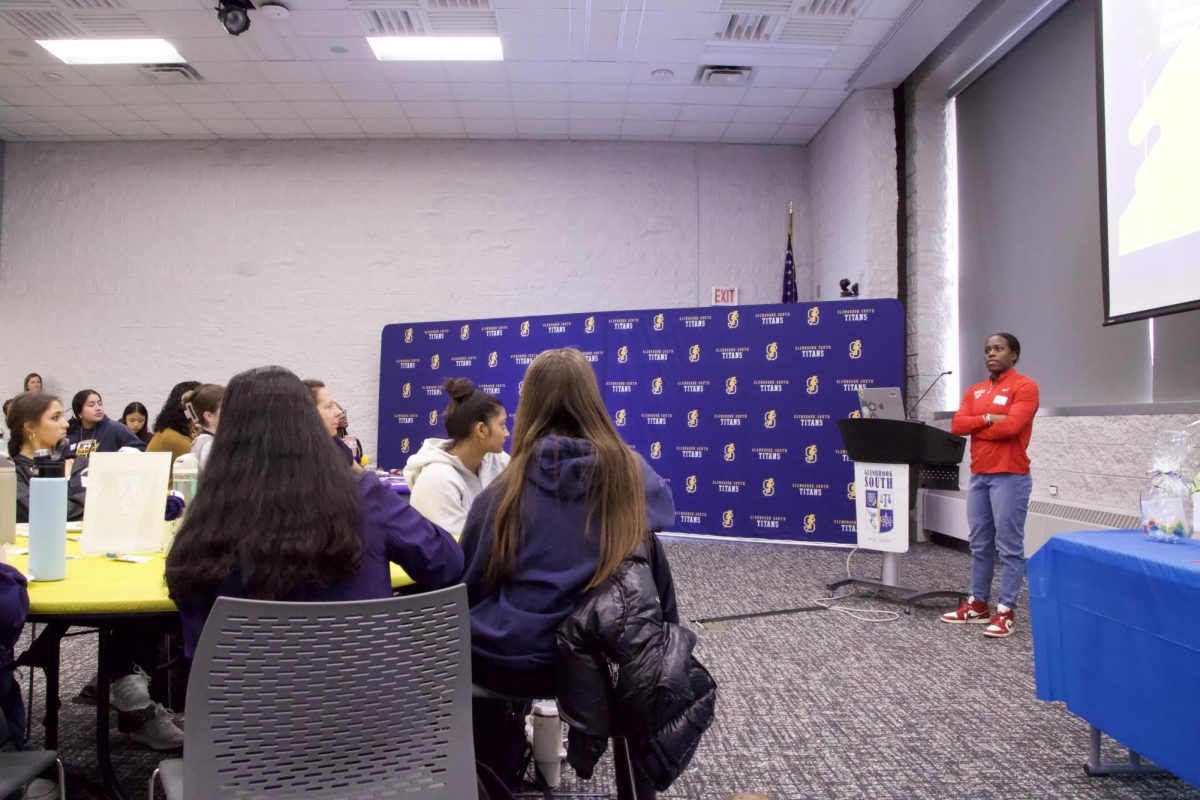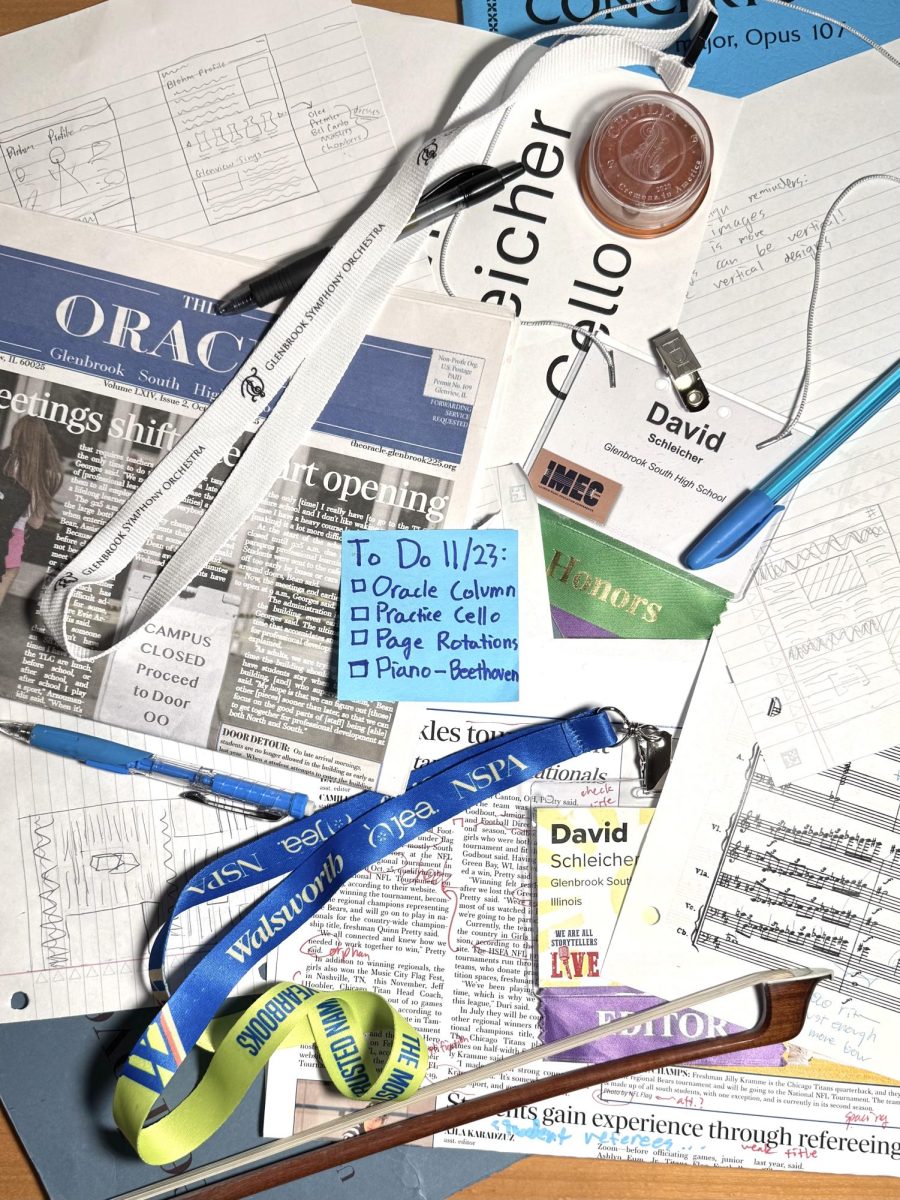It’s that time of year again: flu season. While some South students are proactive about getting vaccinated, it is less of a priority for others.
At the beginning of freshman year, students at South have to have their vaccine table updated and also have to have received the TDAP vaccination. In Illinois, children over the age of two and entering school must have certain vaccinations. Some of these vaccines include: Diphtheria, Pertussis, Tetanus, shots against Polio, Measles, Rubella, Mumps, Haemophilus influenzae type b, Hepatitis B, Varicella and Invasive Pneumococcal Disease, according to ilga.gov.
Head Nurse Barb Marzillo said there are students who, for religious reasons, do not get their vaccinations. This is called a “vaccine exemption.” A vaccine exemption is permission from the government to avoid the vaccine process which is required by state.
“The parents do write a note that is submitted to the state and filed,” Marzillo said.
However, students who suffer from allergies, like sophomore Ann Isaacs, get vaccinated on a more frequent basis.
“I get [allergy shots] once every two or three weeks,” Isaacs said. “I have not had allergy symptoms for about three years.”
Isaacs also gets her flu shots every year at her allergist’s office.
Other students such as sophomore Sara Moradi, grew up with people telling her vaccines are not effective.
“I’m not really sure what I feel [about vaccines] now,” Moradi said. “What I learned in school is that it creates the [immunity] that can help fight off the disease.”
It may seem that there is currently a vaccine for most diseases. However, scientists have come a long way. The first vaccine was created by a man named Edward Jenner. Jenner created a vaccine against smallpox in the 1796 after discovering that people who had cowpox seemed to be immune to smallpox, according to www.ncbi.nlm.nih.gov.
“Vaccines are sometimes weak—but live—preparations of the disease itself,” Dr. Edward T. Lee of Northshore University Health System said. “By getting the vaccine, you are introducing live viruses or bacteria of the disease [to your body].”
However, this can be taken the wrong way by some people.
“I think [people who don’t believe in vaccines] are wrong because of something called recall bias,” Lee says. “People tend to remember negative things more that positive things.”
According to foxnews.com, people are hesitant about getting vaccinated because others cause them to be overly cautious.
“If you as a young student, understand and see how important recall bias is in every aspect of life—you will be significantly wiser than others in being able to judge what is real and what is not,” Lee said.














